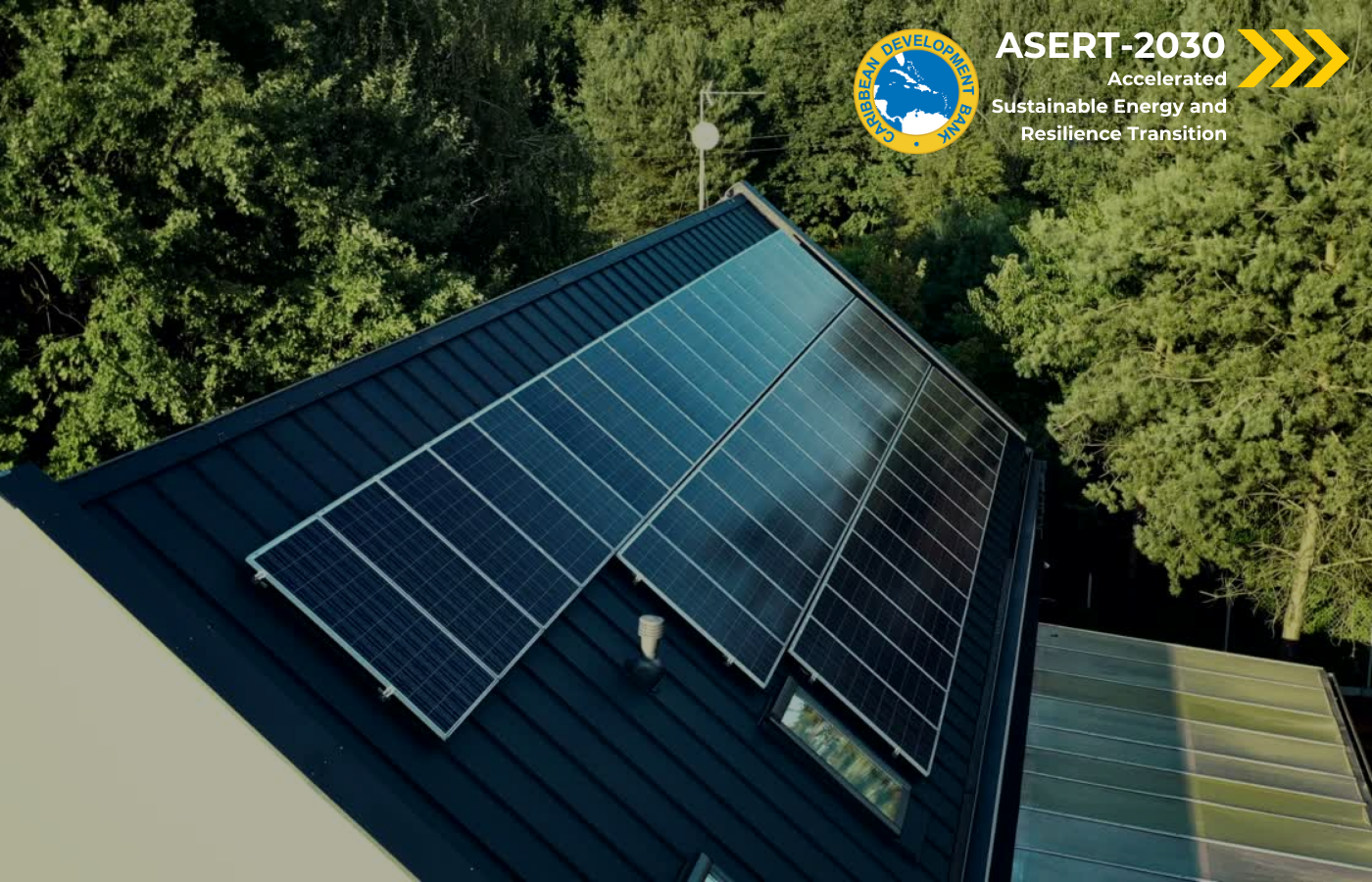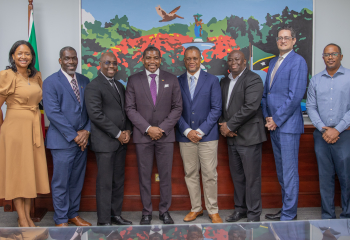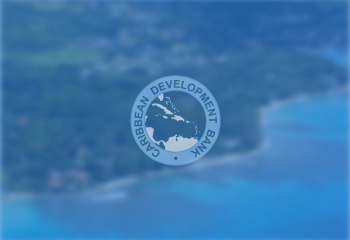Energy Sector Stakeholders Meet to Strengthen Enabling Environment for Sustainable Energy Investment

Energy sector stakeholders from across the Caribbean will meet in Barbados next week to strategise on how they can strengthen their regulatory frameworks to expedite renewable energy investments in the Region.
The two-day engagement is being led by the Caribbean Development Bank (CDB) as part of its Accelerated Sustainable Energy and Resilience Transition–2030 (ASERT-2030) framework, in partnership with the Organization of Caribbean Utility Regulators (OOCUR).
It will take place on February 28 and March 1 at the Hilton Barbados Resort.
It will see decision makers and leaders from government energy ministries and regulatory bodies from CDB’s 19 Borrowing Member Countries (BMCs), as well as regional and international development partners, come together to look at how best to pool efforts and resources to increase the speed and scale of the sustainable energy transition through improved regulatory frameworks.
The meeting comes as the Region continues to reel from the energy price shocks experienced last year, which further highlight the acute energy insecurity and economic vulnerability associated with over dependence on imported fossil fuels.
It also comes against the background of slow progress towards the achievement of the regional renewable energy targets.
Coordinator of the Sustainable Energy Unit at CDB, Joseph Williams, pointed out the figures which he said underscored the need for urgent and transformative action to rapidly accelerate the Regional sustainable energy transition.
“As of 2021, the total amount of renewable energy generating capacity was only approximately 12% of the total regional installed electricity generation capacity, which is a far way off from the goal of approximately 47% by 2027 (or 55% by 2030). To meet these goals, CDB’s BMCs, would need to install approximately 2,600 MW of renewable energy in the next eight years. This is a 1400% increase over the current rate.
To get near to this, we need to think big, work collectively and coordinate actions and funding. This is why CDB has conceptualised our ASERT-2030 framework – to promote bold decision making and transformative initiatives. Given the criticality of enabling regulatory environments this regional regulatory dialogue is intended to put plans into action,” said Williams.
In a sign of the commitment to coordinated efforts, the event is being supported by a wide range of the key development partners working in the energy space in the Caribbean. These include the the government of Canada, the government of the United Kingdom, the European Union, the United States Agency for International Development (USAID), Inter-American Development Bank (IDB), and the Caribbean Centre for Renewable Energy and Energy Efficiency (CCREEE).

